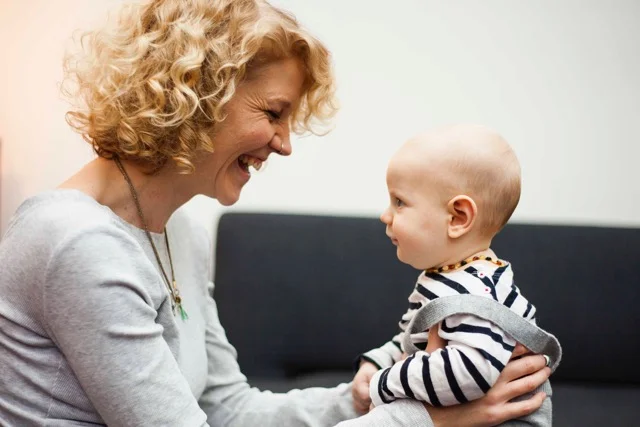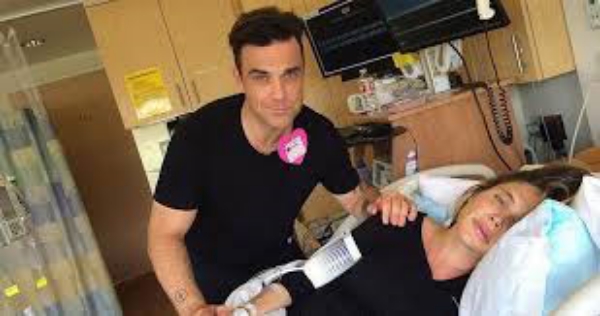I’ve had rather a lot of messages from newbie Midwife hopefuls over the past few years, asking for tips on applications and interviews. So I’ve hashed together some of the things I personally think are important when preparing to WOW the interview panels.
I read somewhere a few months ago that it’s now (statistically?) harder to get onto a UK Midwifery course than it is to get into Oxford or Cambridge? Is this actually true?
I remember my own lightbulb moment when I eventually decided to become a Midwife. I was re-reading the book The Red Tent in my flat in Brixton, absorbed in the beautiful tales of Dinah (the protagonist who becomes a Midwife), thinking, “WOW, being a Midwife really is such a magical job, if only I had done Science A-levels…surely you must need science A-levels to do this right?”
By this point in my life I’d flirted with about 400 different career paths and actually, or nearly, enrolled on degree courses for approximately 1 in 10 of them…but the more I thought about it and the more I read, this one REALLY did feel like my calling (although some friends and family definitely thought it was just another pipe dream or 'phase').
I’d always been interested in, and involved with women’s issues, and done countless women's- related voluntary and paid work. Looking back, they all followed a certain trajectory that lead towards Birth, but I’d never really joined the dots.
Then came the agonising bit. By the time I had done a summer work-experience with the Brierley caseload Midwives I was totally and utterly obsessed with becoming a Midwife. I’d heard it was going to be tough getting a place at Kings, so I spent rather a lot of time constructing spider diagrams of every possible question they could ask me and what my potential responses might be. I was like MASSIVELY over-prepared, but I wasn’t going to take the risk of having to re-apply and waiting another year to start.
I had read (seemingly) every maternity document ever published, collected old copies of ‘The Practising Midwife’ dating back to the time of TakeThat, and barely came up for breath from Ina May’s ‘Spiritual Midwifery’ throughout my entire summer holiday in Turkey. I also quizzed pretty much any Midwife, Doula, antenatal educator or pregnant women who would talk to me.
I can honestly say, hand on heart, that I watched One Born Every Minute, once, and came to the conclusion that it was horrific, and have avoided it like the plague ever since. I do, however, have a wonderful memory of my good friend Lea Morpurgo coming to my flat and us watching the film ‘Birth into Being,’ where Russian women birth their babies in the Black Sea. Now THAT is something worth watching.
I recognise, however, that I was incredibly lucky in my gentle and hugely inspiring introduction to the world of Birth; the first dozen ‘real life’ births I saw were all beautiful, uncomplicated homebirths with the Brierley. My spiritual mum (as I call her), Ingrid Lewis kindly said that this was the universe’s way of welcoming me into the world of birth, but it may well have just been fluke….
In the end I only applied for places at Two Universities: Kings and City. And I got unconditional offers from both of them. SO I must have done something right…
But enough about ME ME ME. Here’s a few tips to get you started. I’m sure some other wise and wonderful Midwives, mothers, and Doulas will add to them for you along the way…
1. Firstly, know how to articulate WHY you want to be a Midwife
You can probably think of a million different reasons, but try to focus, and come up with a few coherent and succinct points.
Practising this one in front of a mirror is actually worth its weight in gold, not only for the application form/interview, but because once you eventually become a bonafide Midwife you can absolutely guarantee that every party you go to, every friend, friend of a friend, man, woman, beast, vegetable/mineral, that you encounter, is going to ask you this question. Even other Midwives will ask you!
So you may as well invest in getting your patter down on this one now.
Be honest, lucid, and most of all be passionate. There’s nothing more convincing than someone who lights up and beams when they talk about Midwifery. You might be anxious or nervous, but dig deep and think what truly inspires you to be a Midwife. Chances are, you have something really wonderful to say, because it’s something truly wonderful that’s inspired you to want to care for, and support other women.
Just don’t say it’s because you LOVE babies.
2. Show that you genuinely CARE
This is the one thing that we all know really counts, unwaveringly. It’s the one midwifery skill that will stand the test of time: When it’s 4am and the A&E vending machine is out of diet coke and mars bars, you’ll want to climb into the nearest and birth pool and hide from the world. But you won’t, because you are totally wedded to the woman you are caring for and you’ll do anything to help her to achieve a positive birth.
This, ultimately, is the most important part of being a Midwife and what shines through in all of the great Midwives I know. They will run themselves ragged, and put their own needs on the backburner for the women they care for.
All the technical stuff they can teach you; the biology, the practical skills, the clinical research… but true empathy, compassion, and dedication? Well you’ve either got it or you haven’t.
3. Know your stuff; the big issues
You’re not meant to know everything about Midwifery before you’ve even started the course. But it’s important to have a basic understanding of the hot topics and key issues in maternity care.
Pivotal guidelines and key publications such as Maternity Matters and Midwifery 2020 are a good place to start.
It’s also useful to have read one or two things by some of the main movers and shakers in the Midwifery world such as Sheena Byrom, Michele Odent, or Ina May. You can read more about these recommended books in my blogpost here.
You don't need to be an expert, but having a few of these golden nuggets in your repertoire will make you feel more confident that you’re down with the key debates and have something interesting to say about what’s relevant in maternity now.
Social media sights such as Twitter and Facebook are especially great for keeping up to the minute with the latests Midwifery chat, so find some bloggers/tweeters/facebook group/pages and ride on the back of their links/debates. Job done.
4. Transferable skills/topics: You know more than you think
Chances are you will have tonnes of life experiences and interests that might not appear to be explicitly linked to Midwifery at first, but they in fact are.
A lot of Midwifery issues are linked to broader feminist and social/political debates, which you may well already have some knowledge or experience of. For instance, a huge part of midwifery care is the public health aspect of the role: working with, and supporting women with complex social circumstance such as Asylum seeker/refugees, homeless, drug&alcohol dependent women, as well as women who suffer domestic abuse.
If you have any experience of working/volunteering with vulnerable groups such as those with special needs or any of the ‘hard to reach,’ groups mentioned above, this will all be hugely relevant.
‘Soft’ skills and communication skills are equally incredibly important to a Midwive's crucial role in building strong and trusting relationships with women. So too is a propensity for self-awareness and self-reflection; being conscious of the language you use, and the impact you have in your interaction with women and their families is what enables excellent partnerships, and improves birth outcomes and birth experiences for women.
5. Relax, Breath, and be Confident
The Midwives who will interview you are nice people! They’re not going to be scary or mean because they want to see, and get, the best from you.
They will rightly recognise that everyone has different strengths and weaknesses to bring to the table: There might be some candidates who are incredibly articulate and outspoken, but someone who listens to others is equally, if not more, important. Knowing when to be silent is a crucial midwifery skills (Im still fine-tuning this one; being naturally one of the articulate but gobby ones!)
If you’ve done your preparation (see steps 1-4!) then you have nothing to be worried about. Being Calm and Confident now will allow your passion and your motivation to beam through.
The last thing I did on the morning of my interview, before I left the house was some relaxation and meditation excercises. The memory of this little baby midwife buddah is still vivid! I can literally picture myself sat on my cushions in the corner of my room channelling all of the wonderful people I knew were rooting for me.
After that I actually felt quite excited! Because I knew how well prepared I was and how right this felt for me. Chanel lots of positivity and you will shine too.
Then come to the Homerton and be my student : )





